Ethereum Trading
Transfer USD, EUR, or Crypto and start trading today!




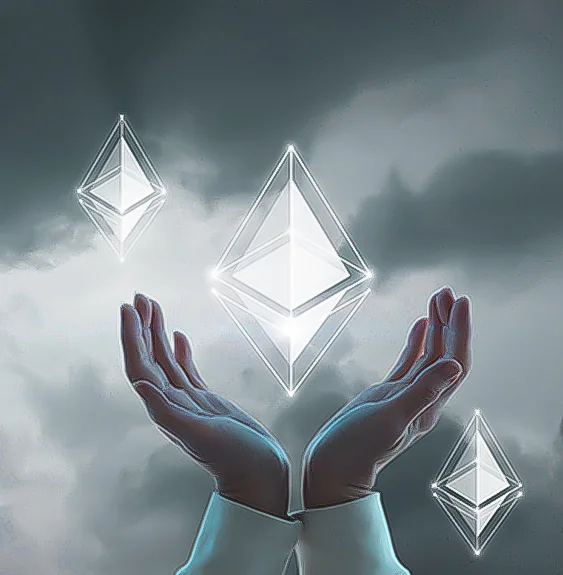
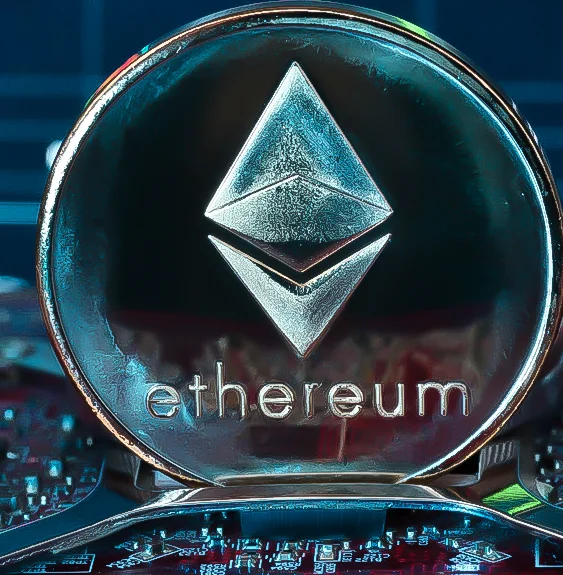
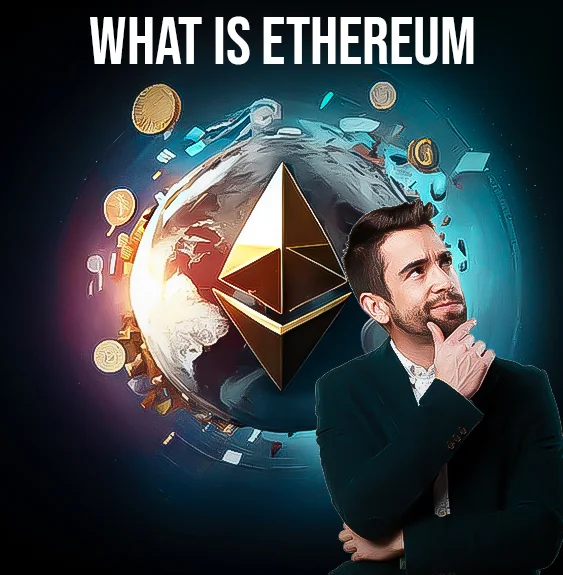
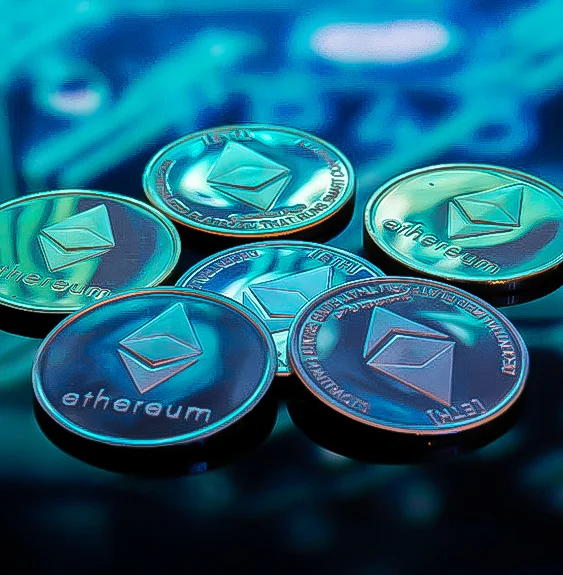
What is Ethereum and its characteristics?
Ethereum is a cryptocurrency and a blockchain platform together that facilitates peer-to-peer transactions. It is the second-largest cryptocurrency in market capitalization after Bitcoin. Ethereum was crowd-funded and was introduced in the market on July 30th. Ethereum offers features like smart contracts to its investors.
How did Ethereum start?
Ethereum was founded in 2013, explained in a white paper in a conversation with Vitalk Buterin, co-founder of Bitcoin Magazine. Bitcoin indeed has many opportunities, but the obstacles it presents are also no less. Land documents, stocks, and bonds are some assets that cannot be added to the blockchain. After several attempts to change Bitcoin to add assets other than currency, Buterin came up with a new script for another coin which soon transformed into Ethereum.
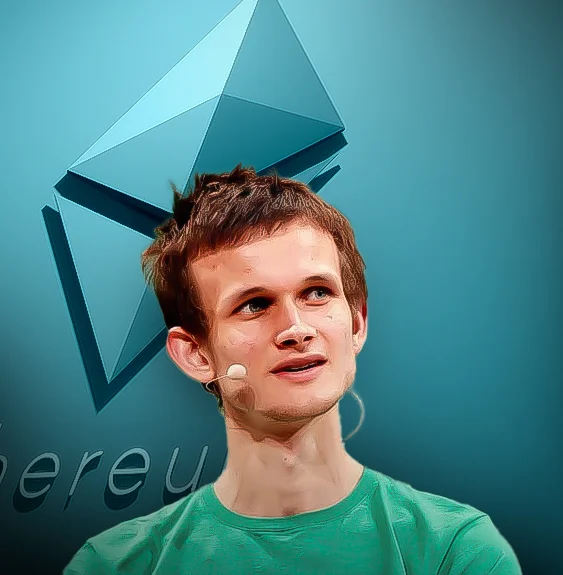
What makes Ethereum unique from other cryptos?
Contract source code:
A high-level programming language is used in Ethereum smart contracts, and then it is compiled into EVM bytes and deployed back to the Ethereum blockchain. Solidity, Serpent, Yui, and LLL are some languages used in the development of the Ethereum coin like Solidity, Serpent, Yui, and LLL languages.
A smart contract is a computer program that assists the transaction of any asset between two people in an electronic medium. These contracts are created by the crypto owners in the Ethereum network.
Ether
Ether is a cryptocurrency of the Ethereum network. Until and unless you pay for the transaction Ethereum network doesn’t work. Ether is fuel for the Ethereum network and is paid as a token amount to make transactions.
Ethereum virtual machine
EVM, as mentioned above, is the main running source of the Ethereum network. EVM is a machine that understands the language of smart contracts, which are written in Solidity language.
Real-world applications of Ethereum
Decentralized Finance (DeFi):
DeFi applications have their foundation in Ethereum. They aim to create transparent, and decentralized financial systems. This also facilitates lending, borrowing, exchanges, stablecoins, and yield farming.
Supply Chain Management:
Ethereum is used to create transparent and secure supply chain solutions. As it records every transaction on the blockchain, this makes funds more traceable.
Gaming and Non-Fungible Tokens (NFTs):
Ethereum has become a popular platform for blockchain-based gaming and the creation and trading of NFTs. NFTs represent digital art, collectibles, virtual real estate, and in-game items. These enable new monetization models for creators.
Decentralized Applications (DApps):
Ethereum allows developers to build decentralized applications. The applications are more resistant to censorship. They consist of social networks, decentralized marketplaces, voting systems, and prediction markets.
Identity and Personal Data Management:
Ethereum can provide a secure and decentralized infrastructure for identity management. This unerringly provides us with more control over data.
Energy and Sustainability:
Ethereum can facilitate the creation of decentralized energy marketplaces and incentivize renewable energy production and consumption. Smart contracts automate energy transactions and track carbon emissions. Not only that, it also facilitates energy trading.
Intellectual Property Protection:
Ethereum's blockchain can be used to establish immutable records of intellectual property rights, including patents, copyrights, and trademarks. This can help protect creators and reduce disputes over ownership.
Governance and Voting Systems:
Ethereum's smart contracts can be utilized to create transparent and decentralized governance systems. This allows for secure and auditable voting processes.
Frequently Asked Questions
How does Ethereum differ from Bitcoin?
Ethereum and Bitcoin, both are based on blockchain technology, yet their purpose is different. Bitcoin is a digital currency. It is used for transaction and investment purposes. Whereas, Ethereum is not only used for transactions but it is a platform for decentralized applications and smart contracts.
What is Ether (ETH)?
Ether, denoted by the symbol ETH, is the native cryptocurrency of the Ethereum network. It serves as a reward for miners who validate transactions and maintain the Ethereum blockchain. It is also used for value exchange within the network. Within Ethereum applications, people use it to pay for transaction fees and services. ETH is also traded on cryptocurrency exchanges.
How can I acquire Ether (ETH)?
You can acquire Ether through various methods, including:
Purchasing ETH on cryptocurrency exchanges using fiat currency or other cryptocurrencies.
Participating in Initial Coin Offerings (ICOs) or token sales of projects built on the Ethereum platform.
Earning ETH by providing goods, and services, or participating in decentralized finance (DeFi) protocols that offer yield farming or staking rewards.
Can I mine Ethereum?
Yes, Ethereum can be mined using a process called proof-of-work (PoW). However, as of the Ethereum 2.0 upgrade, the network is transitioning from PoW to proof-of-stake (PoS), where mining will be replaced by staking. Staking involves holding and locking up a certain amount of ETH to support network security and validate transactions.
What are gas fees on Ethereum?
Gas fees, denominated in Ether (ETH), are the transaction fees required to perform operations or execute smart contracts on the Ethereum network. Gas fees prevent abuse of the network and provide an incentive for miners or validators to process transactions. The cost of gas fees varies based on network congestion and the complexity of the transaction.
What is ERC-20?
ERC-20 is a widely adopted token standard on the Ethereum network. It enables the creation and implementation of fungible tokens. The tokens are compatible with various wallets, exchanges, and dApps.

